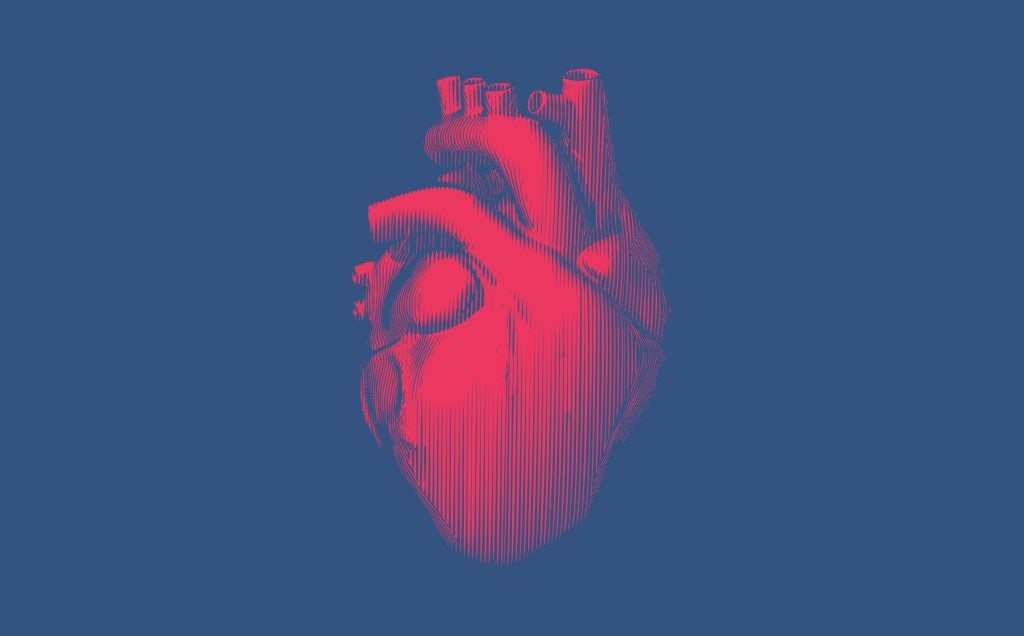The US Food and Drug Administration (FDA) has granted an investigational device exemption (IDE) to BiVACOR’s total artificial heart (BTAH), greenlighting the way for an early feasibility study in patients for the first time.
The first-in-human study will evaluate the safety and feasibility of the BTAH device. BiVACOR plans to initially enrol three patients. It is anticipated to commence across ten potential hospitals in 2024.
The study will test BTAH as an option for patients with heart failure who are awaiting a heart transplant. Patients can wait nearly three years for a heart transplant. Total artificial hearts are used to bridge the time to heart transplantation by substituting the pumping of blood around the body.
Designed for patients with severe biventricular heart failure, BTAH uses rotary blood pump technology. The device is small enough to be implanted in women and some children but can produce the same cardiac output as an adult male would when exercising.
BiVACOR draws comparisons to the magnetic levitation technology used in high-speed trains, outlining how a magnetically suspended centrifugal impeller can create pulsatile flow by changing its speed, without the need for valves or flexing chambers.
Joseph Rogers, CEO of the Texas Heart Institute – one of the chosen hospitals for the study – said: “The implantation of a TAH system is a potential treatment option for patients with heart failure who need support while on the heart transplant waiting list and for those who do not qualify for a transplant. The BTAH is designed to replace the function of the native heart completely.”
In July 2023, Scandinavian company Real Heart AB partnered with Sahlgrenska University Hospital in Sweden for clinical trials of its artificial heart.
According to GlobalData’s pipeline database, there are currently 15 total artificial hearts in early development, pre-clinical, or clinical stages.
Syncardia received FDA approval for the 70cc artificial heart in 2004 and in 2020 for the 50cc artificial heart.
Editor's note, 4 July 2024: This article was updated to clarify that the FDA approval in 2020 was for the 50cc artificial heart.









